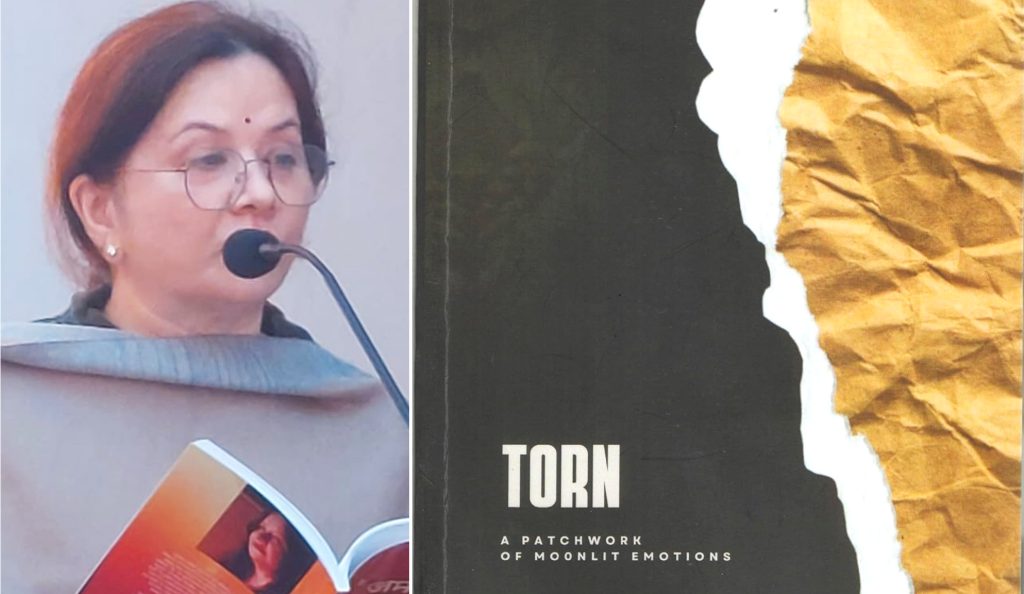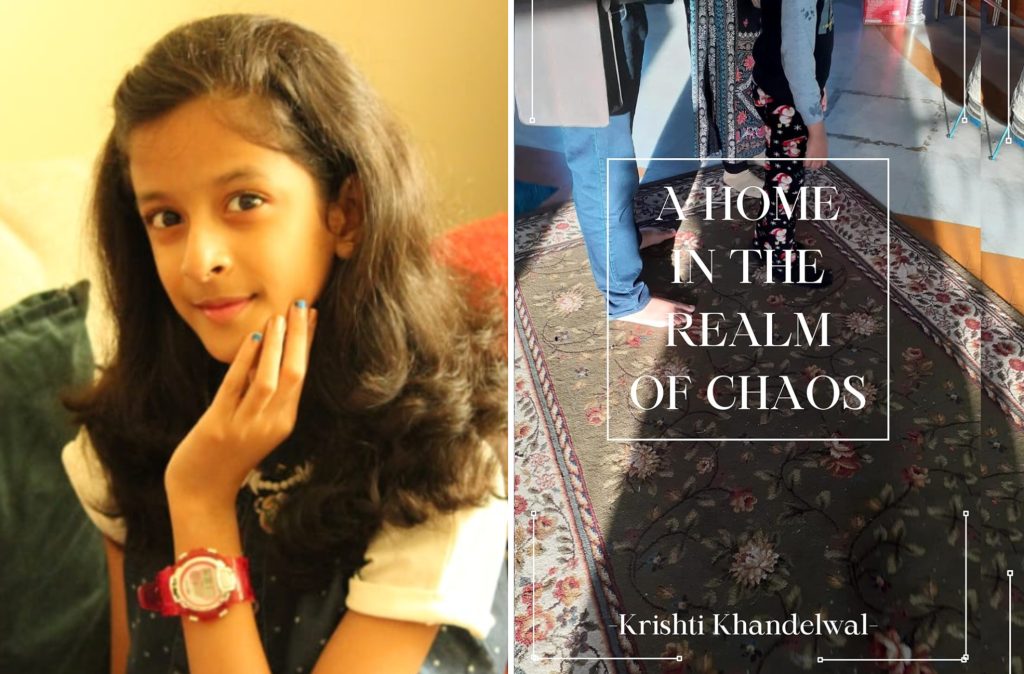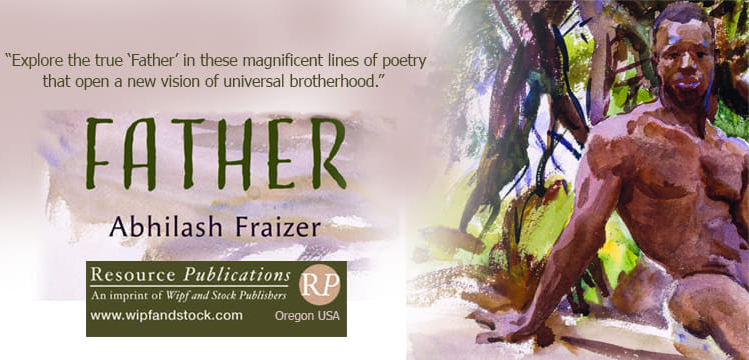Moonlit Musings: Navigating the Patchwork of Emotions
“A dreamer is one who can only find his way by moonlight.” – Oscar Wilde
“Torn: A Patchwork of Moonlit Emotions” by Poonam Chawla Sood is an exquisite collection of poetry that ventures deep into the complex tapestry of human emotions, weaving a narrative that is both confessional and observant. The title itself, “Torn,” serves as an apt introduction, reflecting the ephemeral yet stark nature of life’s conditions. Each poem, a thread in this intricate tapestry, skillfully stitches together the fabric of wisdom, love, care, resistance, strength, and mettle.
Sood’s verses transcend mere words; they are portals into the depths of the human experience. Drawing inspiration from Robert Frost’s notion that a poem begins as a lump in the throat, a sense of wrong, a homesickness, a lovesickness, “Torn” resonates with readers, offering numerous “aha” moments. Sood’s unique blend of realism and imagination creates a collection that not only speaks to the intellect but also intertwines with the reader’s heart, leaving an indelible mark.
The preface beautifully sets the tone by delving into the symbolism of the moon—an enduring muse for artists and storytellers throughout history. Depicting the moon as a symbol of the feminine, Sood explores its metaphorical connections to the cycles of womanhood and its universal impact on nature, astrology, ocean waves, and emotional tides. Aligning the poems with the eight phases of the moon, the collection reflects the nuanced shifts in mental states and emotions, offering readers a guided journey through life’s various phases.
Throughout the collection, Sood navigates the diverse landscapes of human emotion with grace and eloquence. From the darkness of new moon nights to the slices of positivity, moments of hope, rays of brightness, and the confrontations with unforeseen tragedies, each poem captures a distinct facet of the human experience. It becomes an earnest effort to bridle the eclipse, an invitation to reflect on autumn memories shed by deciduous moments and breathe light into the shadows.
The reader embarks on a moonlit poetic journey, where emotions, phases, and moods are intricately woven into the elliptical orbit of the moon. Sood’s verses serve as companions, guiding through the varied terrain of human existence. The collection is more than a compilation of poems; it is an exploration of the human spirit, a testament to the enduring power of poetry to illuminate the complexities of our shared humanity.
In conclusion, “Torn” is a poetic masterpiece that transcends its written form. Poonam Chawla Sood’s ability to navigate the intricacies of human emotion with authenticity and finesse makes this collection a captivating and enriching literary experience. Each poem is a patchwork square in the quilt of human existence, offering solace, reflection, and a profound connection to the shared journey of life.
Order your copies here:
Amazon Flipkart
Review by
Preeth Padmanabhan Nambiar
 Preeth Nambiar, an Indian poet, journalist, and educationist, is a visionary leader in spreading humanitarian values through creative expression. The former department head of Cambridge University International General Certificate of Secondary Education ESL in the Maldives, he returned to India with a mission to imbibe values through the medium of education and literature. As the founder of the Writers Capital International Foundation, he has created a global platform for unity and understanding which is now spread across 87 countries. His eloquent poetry reflects a blend of narration and mysticism, while his short stories captivate with their poetic essence. Advocating holistic education, he considers instilling universal values in the new generation must be a major aim of education. Through his organization, he organizes influential festivals and promotes minimalism and compassion.
Preeth Nambiar, an Indian poet, journalist, and educationist, is a visionary leader in spreading humanitarian values through creative expression. The former department head of Cambridge University International General Certificate of Secondary Education ESL in the Maldives, he returned to India with a mission to imbibe values through the medium of education and literature. As the founder of the Writers Capital International Foundation, he has created a global platform for unity and understanding which is now spread across 87 countries. His eloquent poetry reflects a blend of narration and mysticism, while his short stories captivate with their poetic essence. Advocating holistic education, he considers instilling universal values in the new generation must be a major aim of education. Through his organization, he organizes influential festivals and promotes minimalism and compassion.





 The Author stuns the reader with an uncanny poetic insight that explores new meanings and striking nuances in the familiar characters of the Bible and history. He draws the raw materials for his poems from the Bible especially, like Joseph the Dreamer, Mary Magdalene, Peter, the woman with hemorrhage and so on and travels through their minds to come out with exceptional insights that literally stun the reader with some extraordinary reflective depths. We hear the deepest cries and crises of modern man reflected in them and we realize that their agonies are the agonies of our own times.
The Author stuns the reader with an uncanny poetic insight that explores new meanings and striking nuances in the familiar characters of the Bible and history. He draws the raw materials for his poems from the Bible especially, like Joseph the Dreamer, Mary Magdalene, Peter, the woman with hemorrhage and so on and travels through their minds to come out with exceptional insights that literally stun the reader with some extraordinary reflective depths. We hear the deepest cries and crises of modern man reflected in them and we realize that their agonies are the agonies of our own times.

 Numerous studies have demonstrated that children who possess financial literacy tend to be more organized and better equipped to achieve their personal and professional goals as adults. Hence, the book advocates starting the process of financial education at an early stage to equip children with essential life skills.
Numerous studies have demonstrated that children who possess financial literacy tend to be more organized and better equipped to achieve their personal and professional goals as adults. Hence, the book advocates starting the process of financial education at an early stage to equip children with essential life skills. Through practical guidance and thought-provoking insights, “Little Heroes Great Leaders” offers parents and educators a roadmap to nurture financial literacy and the holistic development of essential life skills. By embracing this approach, children can grow into confident, capable individuals, well-equipped to handle challenges and make positive contributions to society.
Through practical guidance and thought-provoking insights, “Little Heroes Great Leaders” offers parents and educators a roadmap to nurture financial literacy and the holistic development of essential life skills. By embracing this approach, children can grow into confident, capable individuals, well-equipped to handle challenges and make positive contributions to society. Irene Doura Kavadia, born in Athens, Greece, is a linguist, writer, and language educator with a passion for literature and foreign languages. She holds degrees in German Language and Literature, as well as Computational Linguistics. Her diverse career includes work as a tutor, translator, and research associate. Irene’s literary achievements have earned her recognition in various international competitions, and she is a member of esteemed literary organizations. She actively contributes to cultural events and has been published in literary magazines and anthologies worldwide. As the Director of Writers Capital Hellas and Secretary-General of the Writers Capital International Foundation, she is dedicated to promoting cultural diversity, humanitarianism, and world peace. Additionally, she serves as Editor-in-chief at Writers International Edition and the On-Line Magazine. Her significant contributions have been acknowledged by various organizations, solidifying her role as an ambassador of language and global communication.
Irene Doura Kavadia, born in Athens, Greece, is a linguist, writer, and language educator with a passion for literature and foreign languages. She holds degrees in German Language and Literature, as well as Computational Linguistics. Her diverse career includes work as a tutor, translator, and research associate. Irene’s literary achievements have earned her recognition in various international competitions, and she is a member of esteemed literary organizations. She actively contributes to cultural events and has been published in literary magazines and anthologies worldwide. As the Director of Writers Capital Hellas and Secretary-General of the Writers Capital International Foundation, she is dedicated to promoting cultural diversity, humanitarianism, and world peace. Additionally, she serves as Editor-in-chief at Writers International Edition and the On-Line Magazine. Her significant contributions have been acknowledged by various organizations, solidifying her role as an ambassador of language and global communication.


